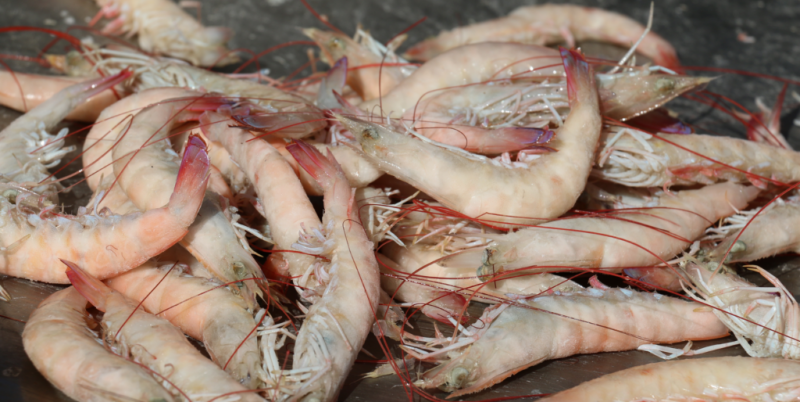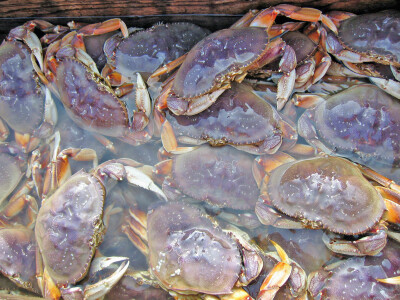The Mississippi Gulf Coast is revered for its fresh, wild-caught shrimp. However, a recent press release shared by SeaD Consulting has uncovered rampant seafood fraud in local restaurants, threatening both the trust of consumers and the livelihood of local shrimpers.
The findings are alarming: a significant portion of shrimp served in Gulf Coast establishments is imported, despite being marketed as local.
SeaD Consulting's comprehensive study involved genetic testing of shrimp from 44 restaurants in Biloxi, Gulf Shores, and neighboring areas. Results showed that 39% of Gulf White Shrimp and a staggering 92% of Royal Red Shrimp were misrepresented, often replaced with cheaper, imported alternatives. The financial impact on unsuspecting diners is substantial, with fraudulent shrimp dishes costing as much as $24.95 per plate.
“Consumers come to the coast expecting the finest, freshest Gulf seafood, but what they’re being served often falls far short of that,” said Erin Williams, COO of SeaD Consulting. “This isn’t just about mislabeling; it’s about eroding consumer trust, undercutting local businesses, and threatening the livelihood of hardworking Gulf shrimpers.”
Adding to the situation, the Southern Shrimp Alliance highlighted similar issues in Texas. “Customers at restaurants in coastal Texas want Gulf shrimp. Restaurants know this and say they offer Gulf shrimp on their menus or use the imagery of our industry in their decor,” said John Williams, Executive Director of the Southern Shrimp Alliance. “SeaD’s recent work in Galveston and Kemah demonstrates that despite this strong consumer preference, a large number of local restaurants are taking their customers’ money and serving imported shrimp that shouldn't be in our market to start with due to labor, environmental, and health violations. These deceptive practices rob American shrimpers of sales that they’ve earned through hard work under heavy federal regulation and cannot continue.”
The Federal Trade Commission (FTC) recently issued warnings to restaurants about misleading consumers, underscoring the need for transparency. SeaD Consulting is advocating for stronger regulations and consumer awareness to combat this widespread fraud. Their RIGHTTest technology allows both restaurants and patrons to verify the authenticity of the seafood served, promoting accountability across the industry.
Consumers are urged to ask questions about the origin of their seafood and support restaurants that can prove they serve authentic Gulf shrimp. As this investigation shows, the integrity of the Gulf Coast's seafood industry depends on vigilant action from both diners and regulators.







